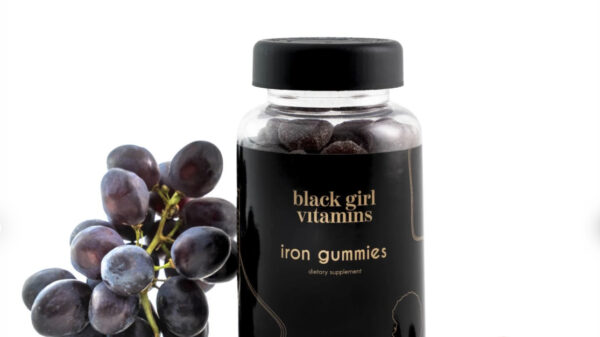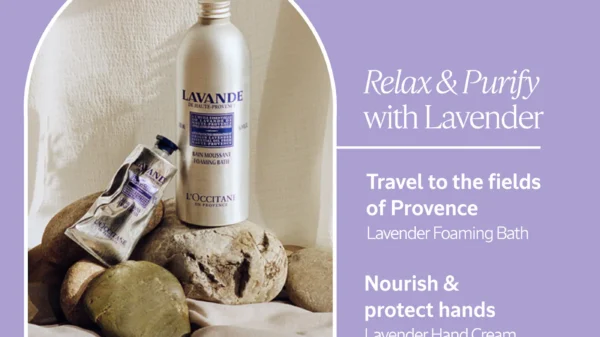The staff at Goddess Couture News is a big fan of pure organic essential oils. The quest is what are the Antibacterial Essential Oils?
Check out these unique benefits and wide range of uses of essential oils can be helpful at the time of a virus outbreak by offering antibacterial properties.
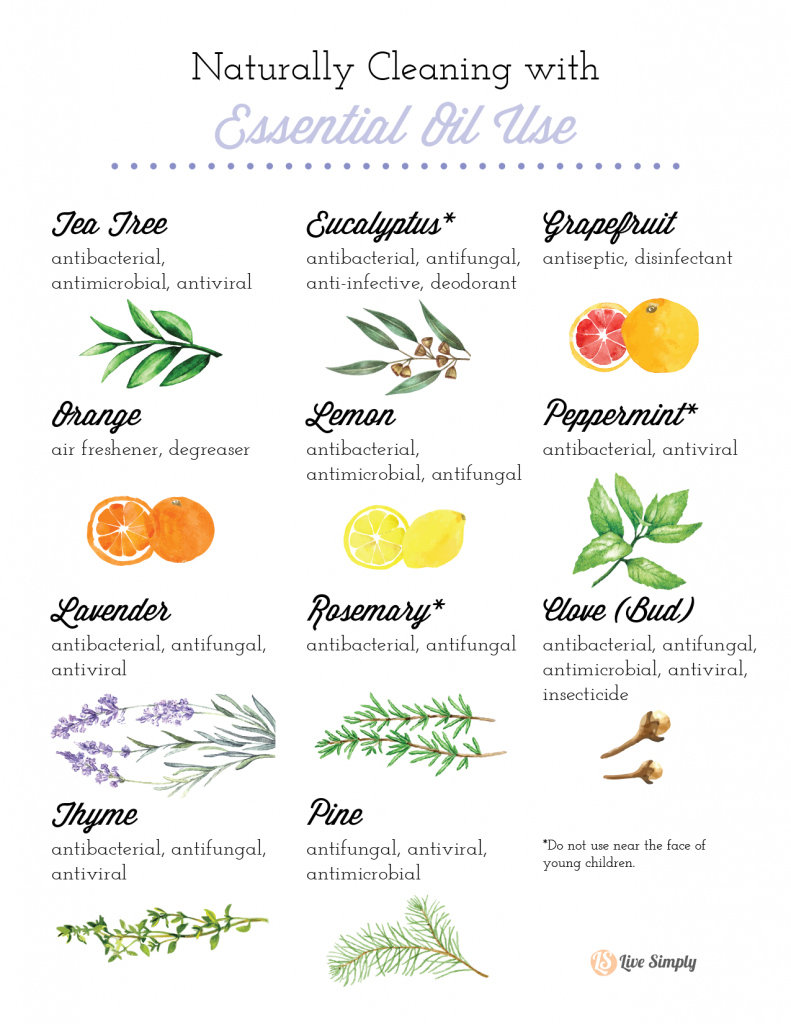
1. Oregano Oil
Believed to be useful both when consumed and applied topically, oregano oil has demonstrated a spectrum of antibiotic properties as well as strong antimicrobial, antiviral, and antifungal activity.
Preliminary findings implicate that the oil may be helpful in fighting bacterial infections; a mice trial found that oregano oil was effective at preventing and treating Staphylococcus aureus infection, while another study found the compound was able to destroy bacteria associated with dysentery.
Oregano oil is believed to derive its power antioxidant properties and fragrance from a combination of protective compounds – carvacrol, thymol, and rosmarinic acid. Research has evidenced that carvacrol, the most abundant phenol in the oil, may stop the growth of several bacteria strains, while the natural anti-fungal thymol has been shown to boost immune functioning and protect against toxins. The powerful antioxidant rosmarinic acid also contributes to the healing properties as it protects the body against damage caused by free radicals.
2. Tea Tree Oil
For many years tea tree oil has been used as a healing agent in Australia and in recent decades, its popularity as an alternative treatment has increased across the globe.
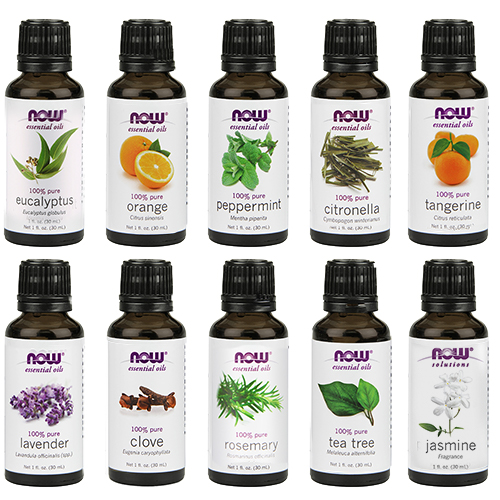
Distilled from the leaves of the Melaleuca alternifolia plant, the essential oil is known to possess strong antibacterial, anti-inflammatory, antiviral, and anti-fungal properties. It can be used in the treatment acne, athlete’s foot, contact dermatitis, and many other health conditions. Today, it can also be found in many popular cosmetics, topical medicines, and household cleaning products.
While further research is needed to conclusively determine these findings, some studies have found that tea tree oil can help in the treatment of certain viruses and that its antimicrobial activity is associated with the ability to damage bacterial cell walls.
3. Eucalyptus Oil
Similarly to tea tree oil, eucalyptus oil has been used as an antiseptic and often as an ingredient in cosmetics and household products. Many styles of medicine, including Chinese and Indian Ayurvedic, have used it to treat a variety of conditions for centuries.
Due to antioxidant flavonoids and anti-inflammatory tannins found in the plant, eucalyptus has been increasingly studied for its potential antimicrobial properties.
Serbian researchers found evidence supporting a positive interaction between eucalyptus oil and existing antibiotics, potentially reducing the need for use of the latter. Meanwhile, a study published in Clinical Microbiology & Infection reveals the oil’s possible antibacterial effects on pathogenic bacteria found in the upper respiratory tract.
4. Peppermint Oil
Peppermint essential oil is often used for aromatherapy or as a topical treatment for itching, muscle pain, and headache relief. It has demonstrated antimicrobial properties against types of bacteria and fungi, however, its effectiveness may depend on the species of bacteria as research findings have been mixed.
A study published in the Arabian Journal of Chemistry reported antibacterial activity in peppermint oil against Gram-positive and Gram-negative bacterial strains revealing that concentrations of essential oils were able to inhibit the growth of microorganisms at a rate comparable to the antibiotic gentamycin.
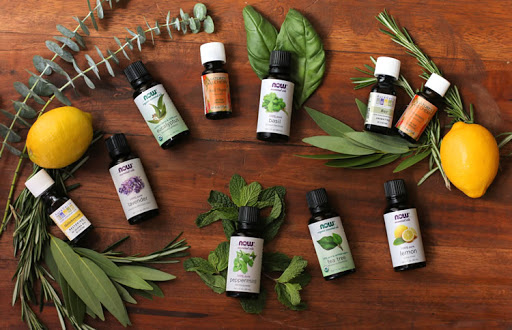
5. Lemongrass Oil
A popular tool for stress relief, lemongrass essential oil can be used as a natural alternative to heal wounds and help prevent infections. Prior research has found the oil to be effective against bacteria that cause skin infections, pneumonia, blood infections, as well as serious intestinal infections.
Animal studies have reported the antimicrobial benefits of lemongrass oil, which was able to effectively protect against 6 species of bacteria at higher rates than 11 antibiotics tested on the same strains.
In addition, the compound has been found to help the body fight free radical damage and reduce inflammation in mice with ear edema.
6. Orange Oil
Orange essential oil has been used to treat acne, reduce pain and inflammation, relieve stomach discomfort, and as a natural household cleaner due to its antibacterial properties.
Studies have found that orange oil can be effective at inhibiting E.coli bacteria and drug-resistant Staphylococcus aureus. Additionally, orange essential oil may have anti-fungal properties, having proven to protect against several species of fungi in clinical trials.
Orange oil has been found to be more effective than other citrus oils as an antimicrobial agent and anti-fungal, indicating not only its potential for antibacterial uses but also as a food preservative.
Despite the promise of these 6 essential oils as strong antibacterial agents, it is important to note further investigation is required as many listed benefits are derived from anecdotal evidence and animal studies. However, the risk of adverse health outcomes related to essential oil use is low. Essential oils may provide a natural alternative or complementary therapy for a variety of health conditions, helping support the body in its defense against infections while also easing stress, anxiety, and depression symptoms.
Article courtesy of The American Academy of Anti-Aging Medicine (A4M) – read more here at https://finance.yahoo.com/news/global-essential-oils-market-2027-121900052.html


